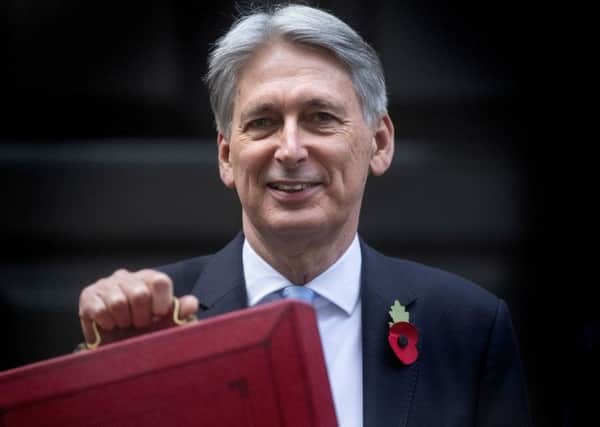The Yorkshire Post says: Pressure on for Brexit deal but important business at home must not be neglected


The first is to break the Brexit impasse. With little sign of resolution, Prime Minister Theresa May is now planning to ask MPs for more time to secure changes to her withdrawal agreement. But this has prompted Labour to accuse her of “running down the clock” and she continues to be challenged by MPs in her own party and others that are committed to removing the possibility of leaving without a deal.
Advertisement
Hide AdAdvertisement
Hide AdThe second is to make sure that the situation at home is not forgotten about in the row over exiting the EU. It is for this reason that Labour’s leaders in the North are demanding that parties at Westminster agree to a £70bn post-Brexit investment plan for the region. For too long, power and opportunity have been concentrated in the South at the expense of the North, they say, and there is a “real danger” this could get worse with Brexit. It is claimed the programme could unlock £100bn in economic growth, create a million jobs and pave the way to devolution for northern communities. If Westminster politicians want to show that they are serious about the Northern Powerhouse and will not overlook giving the North the chance to fulfil its potential as a place that drives business, skills and economic growth, then they should certainly adopt it.
At a time when one think-tank says household incomes have taken a £1,500 hit since the referendum and another has said the Chancellor will need to find billions in extra Government spending to meet Mrs May’s pledge to end austerity, agreeing to the plan would also send out a much-needed message that although the Brexit stalemate is undoubtedly commanding much attention, whatever happens, important business at home will not be neglected.